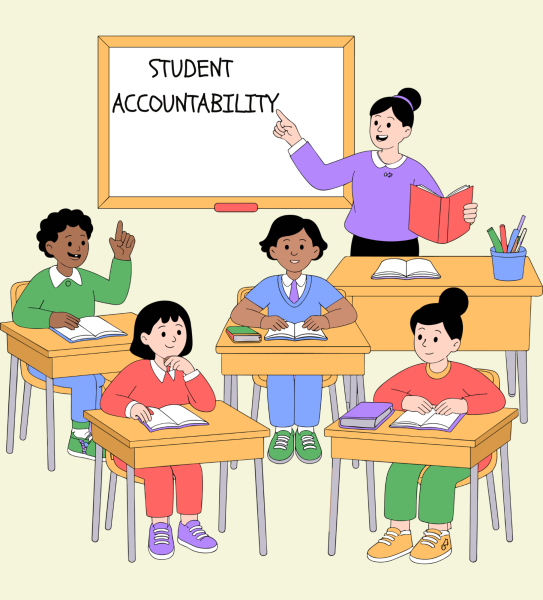‘Cancel Culture’ thriving, here to stay
Following HBO’s release of the documentary “Leaving Neverland,” the late Michael Jackson has become the next in line for the Cancel Culture craze. The term, Cancel Culture, often is used as a hashtag on social media where it more than likely originated.
Specifically, it is believed to have come from Black Twitter, which is the collection of black Twitter users that discuss and focus on issues that interest the black community, primarily in the U.S.
Cancel Culture is when people come together and agree to “cancel” a controversial figure like Jackson. When you cancel someone, you stop supporting them in every way possible.
Cancel Culture is a way in which the masses can keep celebrities and public figures in check.
The documentary that has most people boycotting Jackson features Wade Robson and James Safechuck, two men who have defended Jackson from sexual abuse allegations against children in the past, but now claim that they were abused.
While I’m personally not convinced that the allegations are true, I do believe in trusting alleged victims until all the “facts” have been proven or disproven. Even if this means cancelling someone like Michael Jackson.
This instance is a lot different, however, because Jackson was proven innocent in trials with similar allegations in 1993 and 2004. He also can’t defend himself seeing as he died in 2009.
In other situations, it’s important to remember that culture is something that is collectively decided. We, the people, decide what is and what isn’t a part of that culture.
As individuals and consumers of pop culture, we have a responsibility to accept what’s good and reject what’s not.
Rest easy in knowing that cancelling celebrities is perfectly okay and sometimes even necessary.
On Feb. 22, singer R. Kelly was charged with 10 counts of aggravated criminal sexual abuse, and arrested in regards to allegations involving four victims, three of which were minors. Kelly is facing up to 70 years in prison, yet some people still feel guilty about not supporting him anymore.
I don’t understand. As students, we take a professors’ personality, actions and coursework into consideration before deciding whether to recommend them, so why are we compartmentalizing a celebrities’ life and only looking at the positive? That’s a dangerous game that slowly slips into hypocrisy in the future.
Another popular stop on the Cancel Culture train occurred in Oct. 2018 when Kanye West met with President Trump, wore a Make America Great Again hat, and said, “Slavery was a choice.”
Many took to social media to proclaim they were cancelling West, but this had more to do with West being black and not his beliefs.
Cancel Culture should only be used when someone’s actions or words don’t line up with bettering or keeping society healthy, not to fit one’s own beliefs of how someone should act.
This will help prevent the intent behind Cancel Culture becoming muddled and viewed negatively.
Some people say cancelling people is toxic because everyone can change, make mistakes and individual tweets or problems shouldn’t define a person. However, people being able to change and make mistakes is why they should be cancelled.
If people continue to support problematic words or actions, the celebrity in question will probably not care that what they did was offensive or let it get worse. And I’m not saying celebrities have to be politically correct, but if their words feed into a system that is potentially life-threatening to others in society, they need to realize their influence and stop.
Some people also say that society needs to stop trying to tear people down when they just need to be educated. Well, I don’t know about you, but I don’t have any celebrities on speed dial.
Cancelling celebrities leads them to ask, “Why don’t people like that or support me anymore?” Hopefully, there are friends or family in their life that can help answer those questions and get them some help, if need be.
Also, it is important to note that the goal of cancelling a celebrity is not to tear down a celebrity, but the harmful ideas that no longer need to be accepted. It is everyone’s job to check if the society you live in is one you want to live in. If not, change it. And don’t for one second feel guilty about making a better society for everyone.


